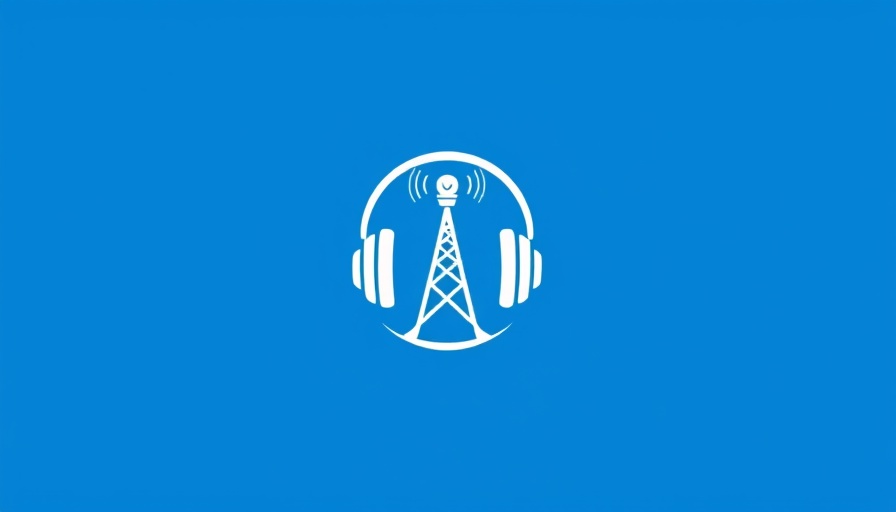
New Era in Medical Debt Cancellation
A groundbreaking deal has emerged in the battle against medical debt in the United States, with nonprofit Undue Medical Debt purchasing and retiring...
As the crisis of medical debt in America reaches staggering heights, a significant development has unfolded: Undue Medical Debt has brokered a monumental agreement to erase $30 billion in unpaid medical bills, directly benefitting around 20 million individuals. The debt lineage traces back to Pendrick Capital Partners, a Virginia-based company known for trading debts, particularly in the healthcare sector.
The Scale of U.S. Medical Debt Crisis
In a country where nearly 100 million Americans grapple with some form of medical debt, the cancellation of these debts alleviates the financial strain for many families. With the average medical debt to be cancelled estimated at approximately $1,100, some patients had bills exceeding hundreds of thousands, revealing the harsh reality many face in the aftermath of a health crisis.
Regional Impact: Texas and Florida at the Forefront
This deal isn't uniform in its impact; nearly half of the debts being wiped out belong to residents of Texas and Florida. These states have consistently reported some of the highest healthcare costs in the nation, and many residents have found themselves in the cycle of unpaid medical bills, leading to collection lawsuits and worsening financial insecurity.
Systemic Issues: The Inadequacy of Transactional Relief
Despite the enormity of this deal, proponents like Allison Sesso, CEO of Undue Medical Debt, recognize that solutions must be systemic to be effective. This purchase, while beneficial for many, cannot address the broader issue of medical financing in the U.S. The reality is unforgiving: over $74 billion was borrowed by Americans within the last year alone to manage healthcare expenses, signaling a deep-rooted issue within the structure of healthcare financing.
Challenges Facing Debt Collectors and Hospitals
Even as regulators tighten rules on how debt collectors can pursue patients, the challenges do not dissipate. Pendrick Capital’s CEO, Chris Eastman, highlighted in a podcast that pursuing these debts has become more complicated under new regulations. This tension reflects a growing awareness that simply clearing debts may not be sufficient to ensure equitable access to care.
Looking Ahead: Future of Medical Debt Relief
The enormity of the debt crisis demands innovative solutions that go beyond one-time cancellations. Advocates argue for policy reforms aimed at not just alleviating debt but transforming how healthcare is financed altogether. The discussion must evolve to explore preventive measures, including improved insurance coverage and reduced medical costs.
Thought-Provoking Reflections
As this significant cancellation deal unfolds, it raises questions for pervasive healthcare structures. Understanding the implications of a debt-free future not only gives us insight into the enormous burden of medical costs but also evokes considerations of collective responsibility in healthcare provisioning.
Ultimately, while this bold move brings relief to millions, it serves as a reminder that substantial change in the medical landscape requires more than just debt cancellation.
Get Involved for Change!
This monumental event highlights how collective efforts can create significant impacts on healthcare debt. Whether by advocacy, education, or sharing personal experiences, each of us can contribute to addressing the medical debt crisis. Join community efforts that aim to support systemic reforms in healthcare financing, pushing for a future where no one is burdened by medical bills.
 Add Row
Add Row 
 Add
Add 


 Add Row
Add Row 
 Add
Add
Write A Comment